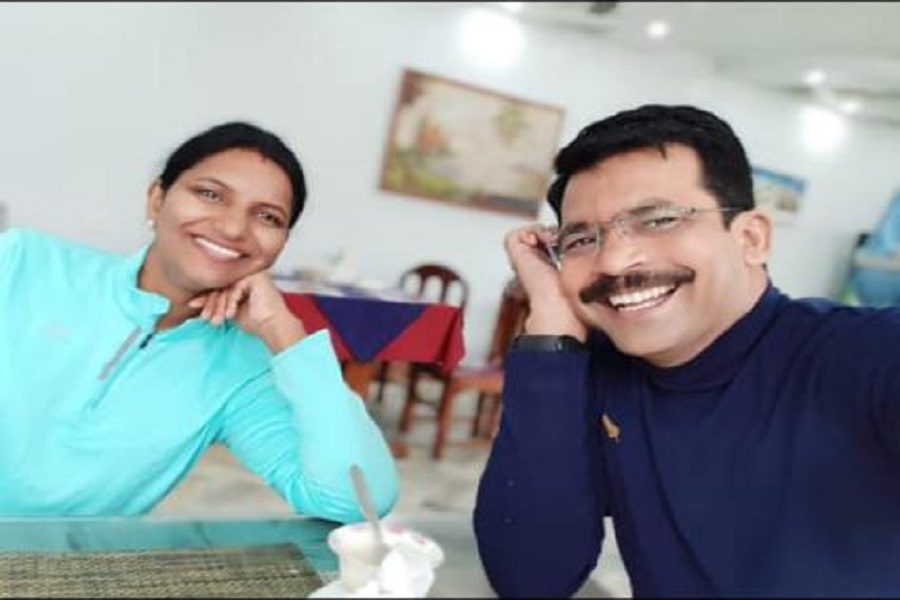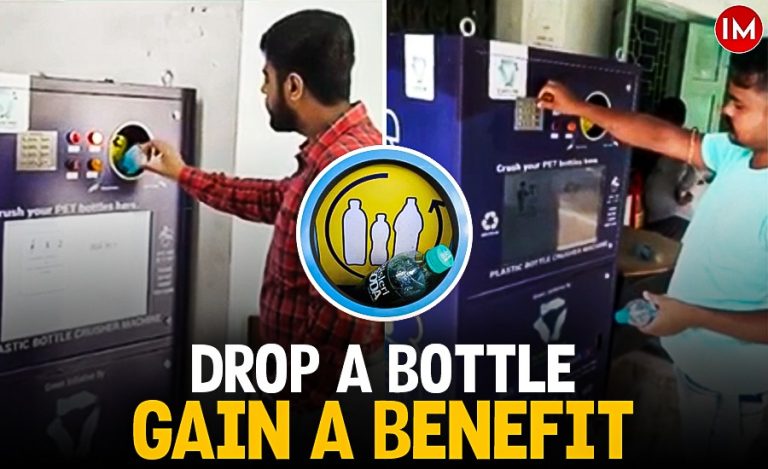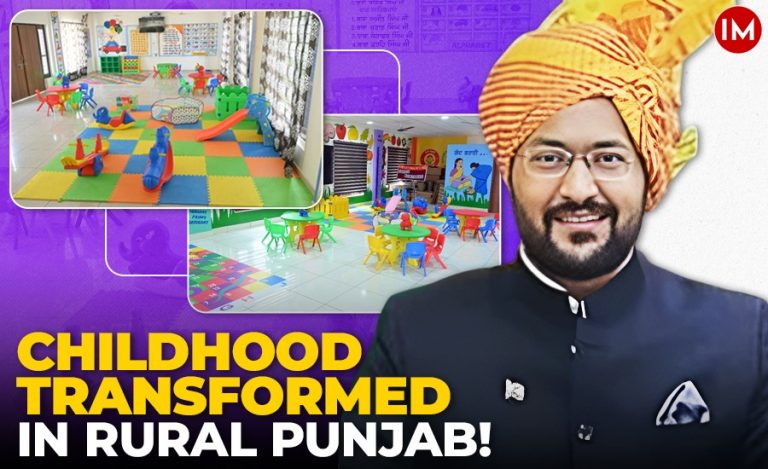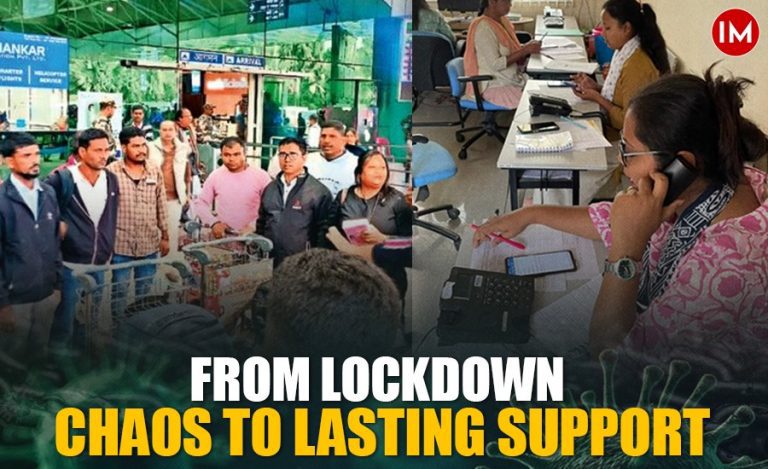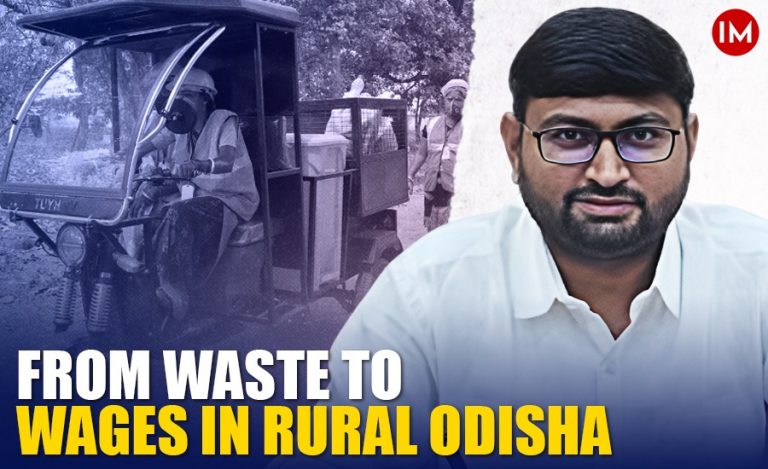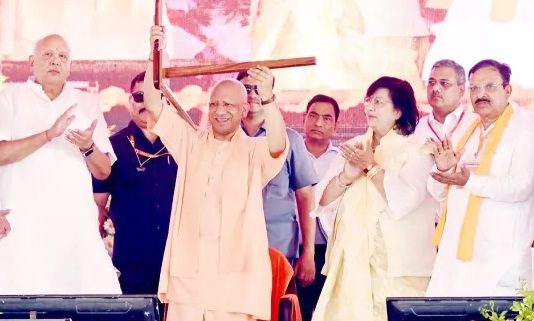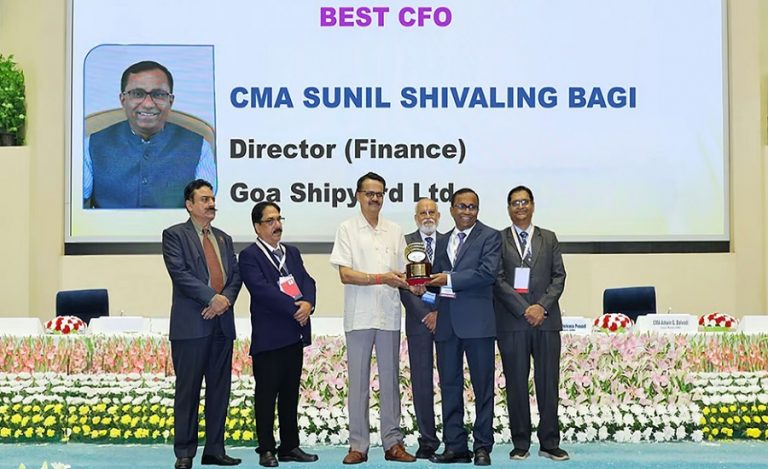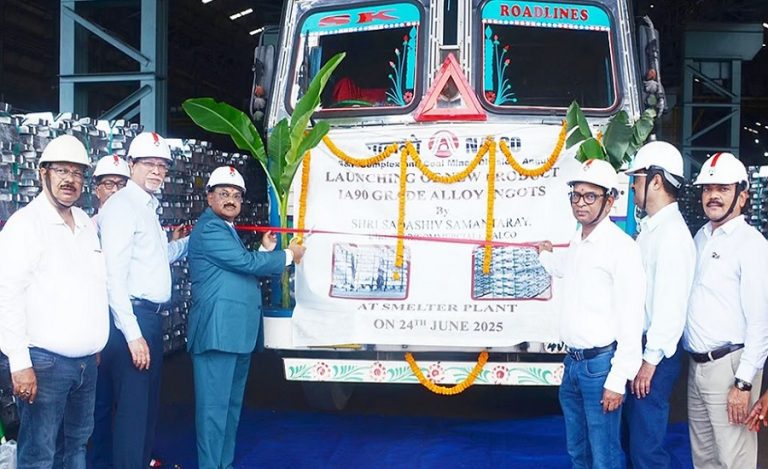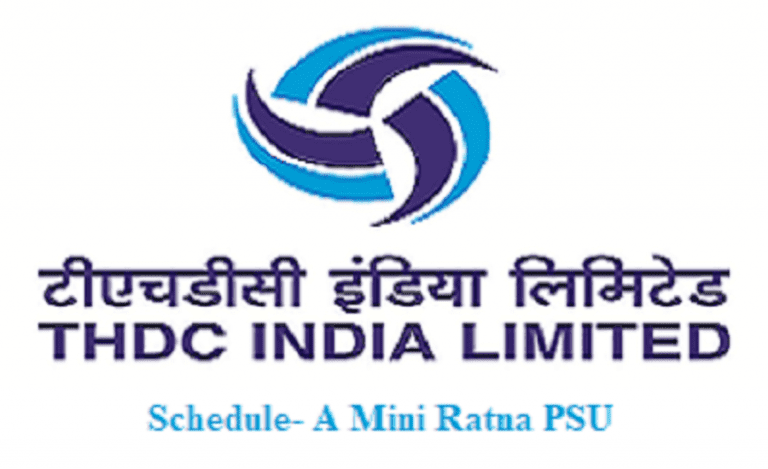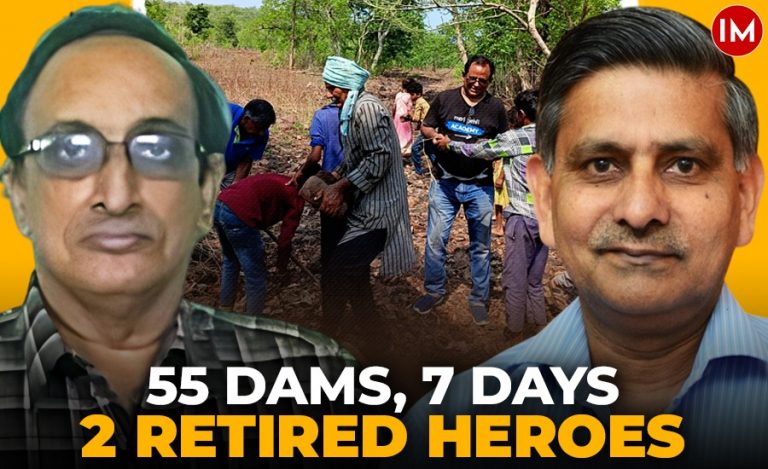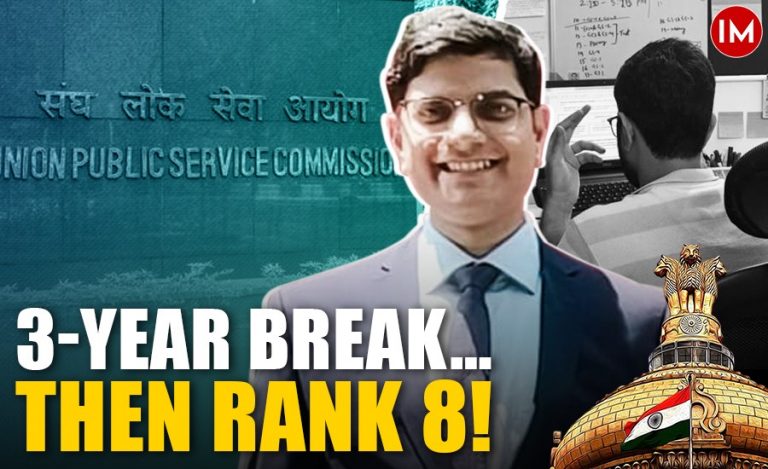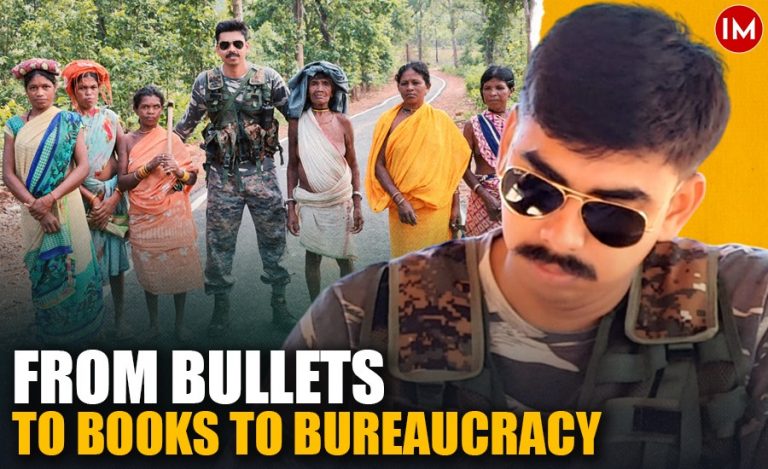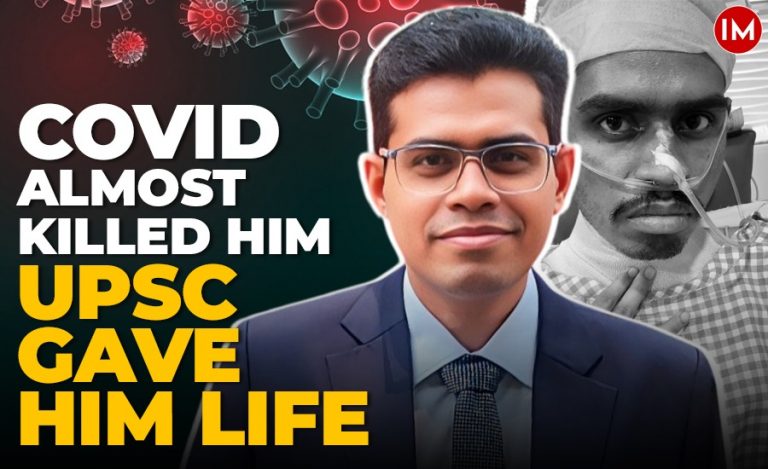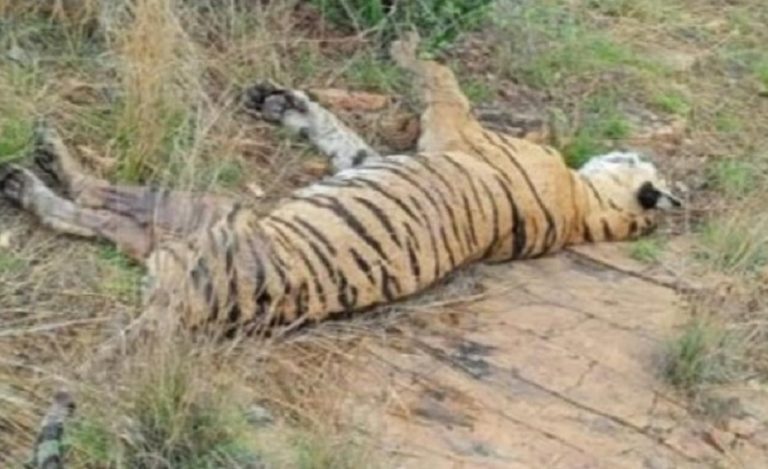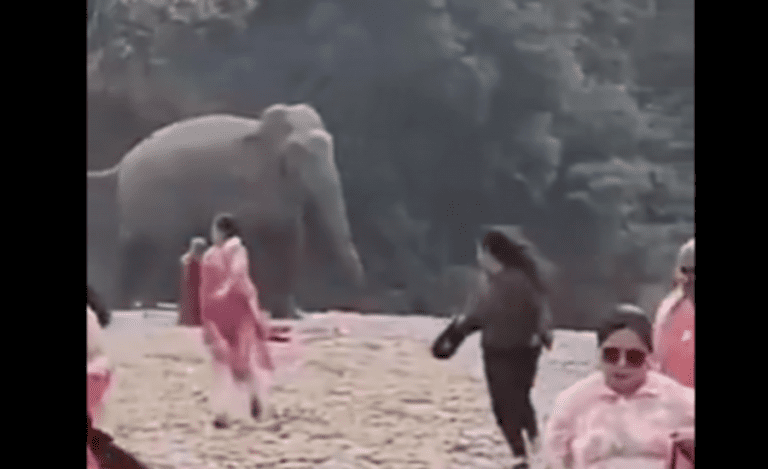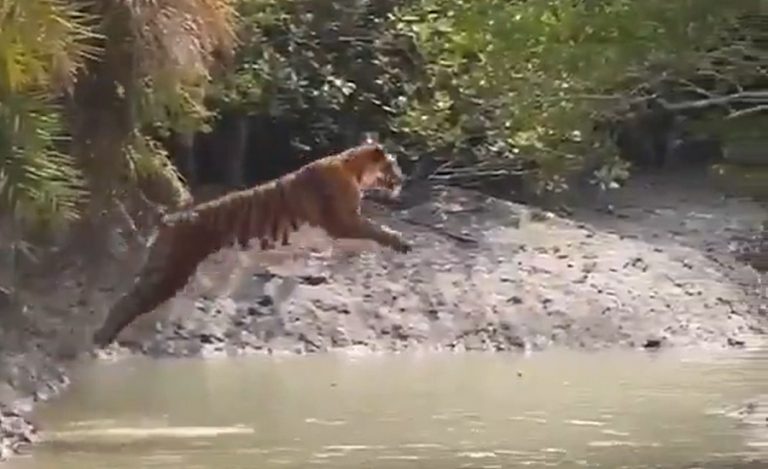This is the story of a civil servant couple who is also into animal activism. Indeed, it is surprising, if not strange, as civil servants and activists often do not see eye to eye on a host of issues. In addition, the government officers’ busy job schedules hardly leave time for activism of any kind.
But, as they say, love transcends all boundaries. This officer couple’s love for stray animals makes them walk on strange paths to rescue, adopt and help street animals, even if it means straying out of their official protocols.
The couple is Mrs. Suchita Bhikane and Mr. Bajrang Bansode of Maharashtra. Mrs. Bhikane is Dy Collector at Mumbai Metropolitan Region Development Authority (MMRDA) and Mr. Bansode is a DCP in Mumbai.
Indian Masterminds spoke to Mrs. Suchita Bhikane to know more about the couple’s work in the field of animal welfare, how it all started, and what fuels this passion.
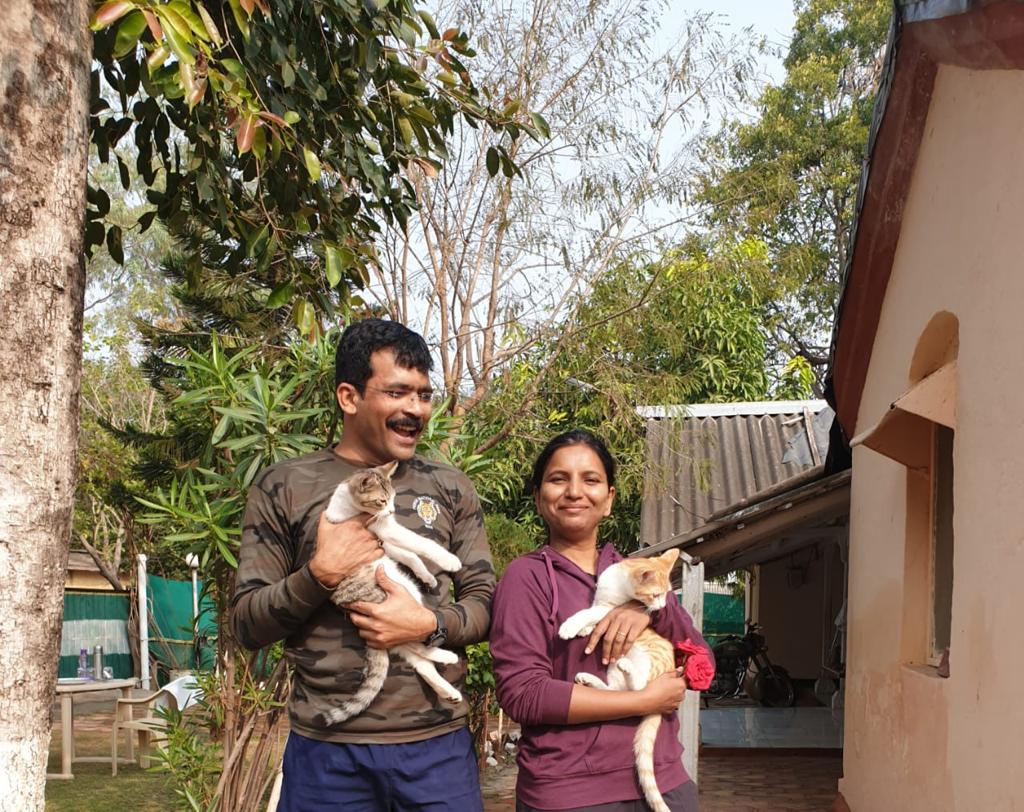
HOW IT STARTED
It all started on a fateful evening when Mr. Bajrang Bansode brought two homeless kittens home. The tiny kittens who could barely walk managed to wriggle their way into the couple’s hearts. Both husband and wife immersed themselves in bringing them up. That was the beginning, and there was no looking back from thereon. Soon, more homeless cats found a home in the couple’s official residence at that time in Andheri, Mumbai, and the number kept going up.
OPENING BULDHANA HOME TO ANIMALS
Mr. Bansode soon got transferred out of Mumbai to Buldhana district as ASP. In Buldhana, he got official quarters with ample space, which encouraged him to get other homeless animals home, besides cats. He started bringing home stray dogs, calves, and even parrots that were rescued from illegal sellers. He also brought home an injured deer and nursed it back to health before setting it free. Soon, the official ASP residence became a shelter home for helpless animals and birds.
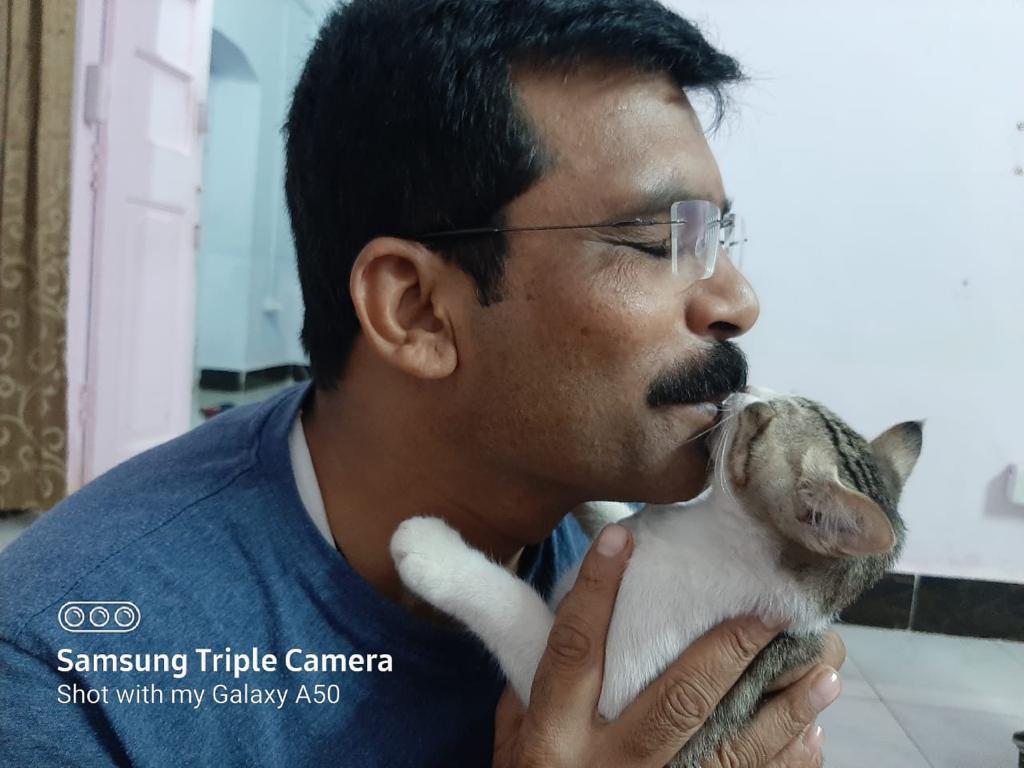
SOURCING FUNDS FOR RESCUE WORK
Meanwhile, Mrs. Suchita Bhikane, who was still posted in Mumbai, expanded her animal rescue work from home to NGOs. She associated herself with several NGOs working in this field and started helping them. “There were a few NGOs like the Pure Animal Lovers (PAL) that had government officers as members, and I felt comfortable working for them.”
She started helping them financially as well as logistically. No call for help for a street animal in distress went unanswered. “There was a time when I sold off my gold, too, to raise money. But that was a lesson. After that, I started keeping 1 lakh in hand for street animal welfare work only, so that I can dish out money at any time.”
She said that she sources the money mainly from her family members, especially her brothers, who are well placed and have big hearts. Each one of them gives her Rs. 20,000 per month, and in this way, she is able to collect Rs. 80,000 every month from her family. And, she and her husband put in another 20,000 to make it a lakh.
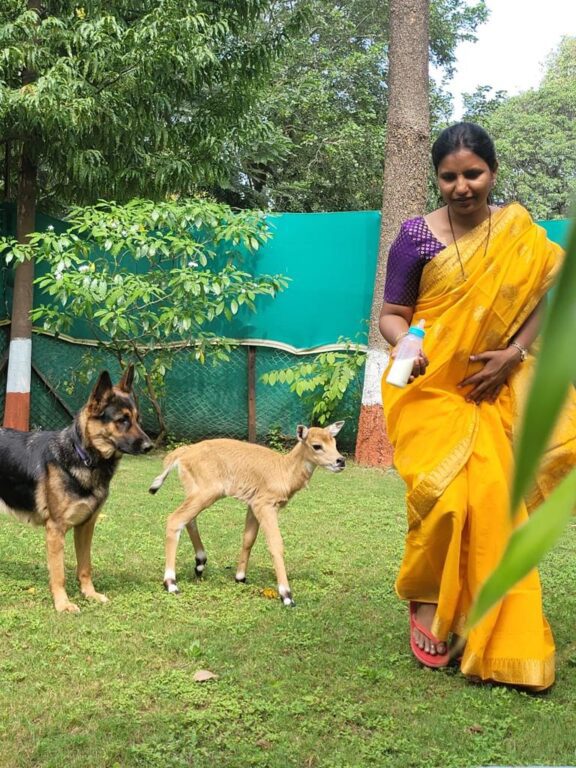
She utilises this fund in providing food to street cats and dogs, medical facilities to them, sterilizing them, and in facilitating their adoption. “These are my main areas of work. I not only feed street cats and dogs in Mumbai but also send food regularly to Shirdi for those dogs living near the Sai Baba temple. I was posted earlier in Satara and Sangli and know a lot of farmers there. I send pups rescued from the streets of Mumbai to them to raise and keep in their farms.”
ROPES IN EMPATHETIC PEOPLE TO HELP
In her office campus also, in Bandra-Kurla Complex, she is feeding and taking care of many stray dogs.
“I make sure to employ empathetic and compassionate people as security guards because they will be kind to these helpless animals who are so dependant on us. Earlier street animals used to survive by rummaging for food in public garbage bins. Now this has stopped since we have started segregating dry and wet wastes. So, our leftover food does not end up in public bins for strays to survive on.”
She has handed out eco-friendly jute bowls to the security guards in her office, which they keep filled with food that she provides for the strays.
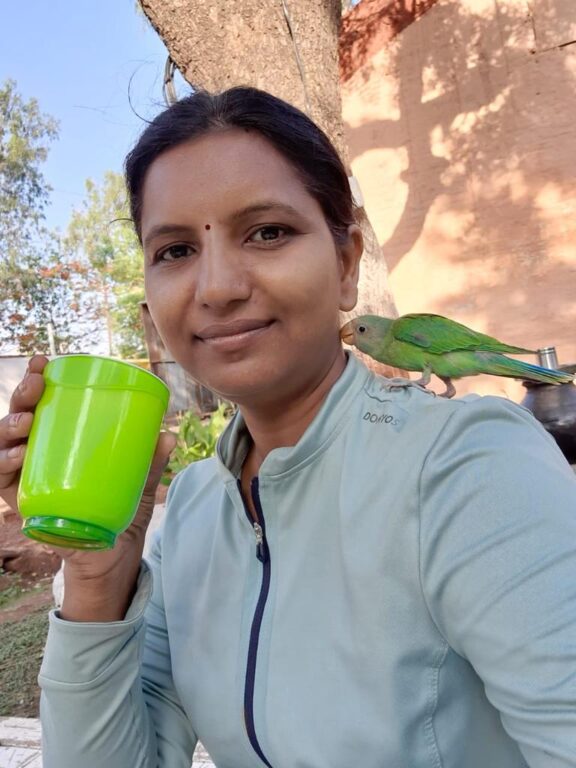
WHY STERILISATION IS IMPORTANT
Mrs. Bhikane further said that sterilisation of adult street dogs and cats is extremely important as the increase in their population proportionately increases cruelty by humans towards them.
“We forget that these animals have a natural right to live and to reproduce. Where will they go? We have to learn to live with them and even help them survive on the cruel streets. If you can’t give them food, at least don’t harm them. Show them some love, pat them at times. That’s all they want. They are also hungry for love.”
She has got 282 street cats sterilised till now on her own.
MANAGING BOTH WORK AND PASSION
Mr. Bansode is now back in Mumbai as DCP, and the couple is back to working together on their shared passion and common goal. Both the partners say that they always find time for animal welfare work, even if it means getting up early from bed in the morning and staying up very late in the night, and even working during the weekends.
“Everyone calls me ‘kutte billi wali madam’. I ignore those 50 people who criticise me and try to inspire 100 other people to help street animals with my work,” Mrs. Bhikane said.
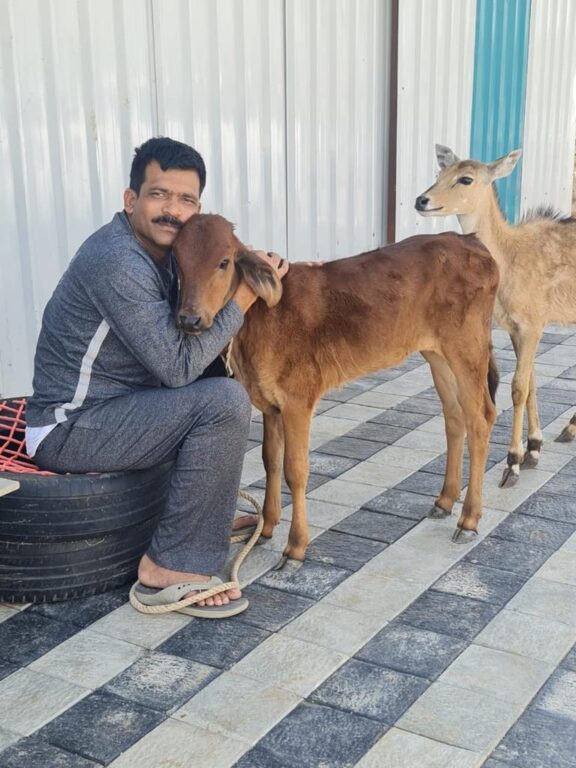
DECIDED NOT TO HAVE KIDS
Ever since their experience of rearing two homeless kittens that set them on the animal welfare journey, the couple became so involved with street animals, bringing the injured and abandoned ones home and taking care of them, that they decided not to have children of their own.
“It was a mutual decision. We decided to dedicate our lives to taking care of the children that God sends to us. They need a home, they need love, they need care. And this is where we step in,” Mrs. Bhikane said.
While on the topic of children, she also pointed out that it is essential to teach human children from a very young age, ideally from Class 1, about being kind towards animals and respecting their rights. “This is how kindness will spread and the world will be a better place to live in, for every living being.”
These words of the officer resonate with the famous words by Mahatma Gandhi: “The greatness of a nation and its moral progress can be judged by the way its animals are treated.”

